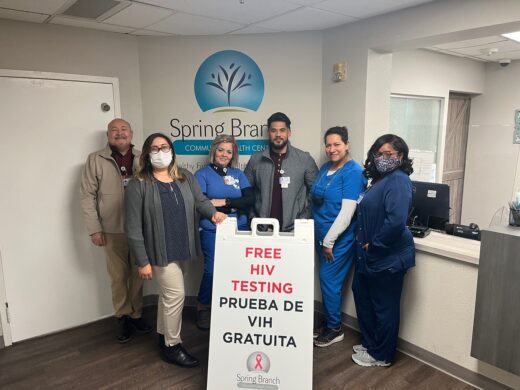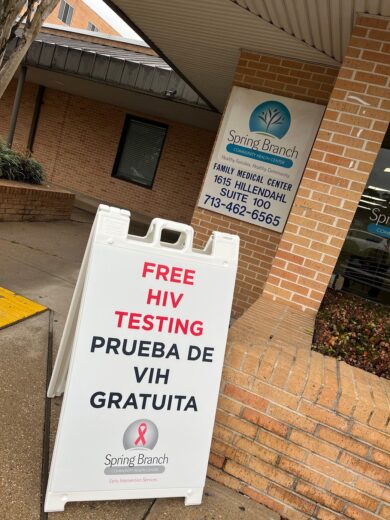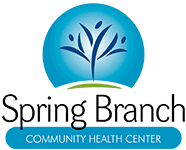HIV Testing Clinic
Clinics Offers HIV Testing and Prevention Resources
 On Thursday January 19, 2023, SBCHC hosted an after-hours clinic at our Hillendahl Community Health Center to kickoff our Early Intervention Services (EIS) program for the Primary Care HIV Prevention Project. SBCHC is continuing to provide these free after-hours clinics every Thursday evening from 4 to 7 pm to provide rapid testing and health education for HIV, referrals to PrEP and linkages to additional services. Researchers have found that PrEP is an effective HIV prevention tool for reducing or eliminating HIV transmission among individuals at high risk for acquiring HIV disease.
On Thursday January 19, 2023, SBCHC hosted an after-hours clinic at our Hillendahl Community Health Center to kickoff our Early Intervention Services (EIS) program for the Primary Care HIV Prevention Project. SBCHC is continuing to provide these free after-hours clinics every Thursday evening from 4 to 7 pm to provide rapid testing and health education for HIV, referrals to PrEP and linkages to additional services. Researchers have found that PrEP is an effective HIV prevention tool for reducing or eliminating HIV transmission among individuals at high risk for acquiring HIV disease.
Since kicking off the EIS testing clinics at the Hillendahl site, the program has expanded to offer regular monthly clinics at other locations: every first Wednesday from 1 to 4 pm at our Pitner Clinic, and every third Wednesday from 1 to 4 pm at our West Houston Clinic. Additionally, our Community Engagement team can perform testing and case management out in the community.

The efforts of the EIS team in the community and in our clinics not only expand PrEP access and coordinate care to help high-risk HIV-negative patients adhere to its effective regimen, but will also attract and enroll community members in the program and raise awareness of HIV, PrEP, post-exposure prophylaxis (PEP), and other methods to reduce HIV infection risk.
For confidential information, please call 832-982-8353.
More Than Just Testing
An important component of the SBCHC’s Early Intervention Services is HIV testing through culturally appropriate approaches, thus engaging communities at risk for HIV who may may face barriers accessing services. SBCHC also offers integrated HIV and STI testing to reduce the stigma of HIV disease and to promote the acceptance of HIV testing as part of general primary care by bundling it with other needed laboratory work. The program also includes clinical consultation, peer coaching, and other technical assistance and training to ensure patients receive state of the art care that maintains or improves health outcomes.
A core element of the program focuses on the connection between prevention, care, and treatment in reducing new infections, improving the health of People Living with HIV, and reducing the stigma and discrimination associated with HIV disease. Through this Ending the HIV Epidemic project, SBCHC plans to serve more than 700 patients, especially Hispanic men who have sex with men and heterosexuals at high-risk for acquiring HIV/STI residing in priority Zip Codes; no one, however, will be refused services.
For more information, see the US Department of Health and Human Services “Ending the HIV Epidemic” website: https://www.hiv.gov/federal-response/ending-the-hiv-epidemic/overview
